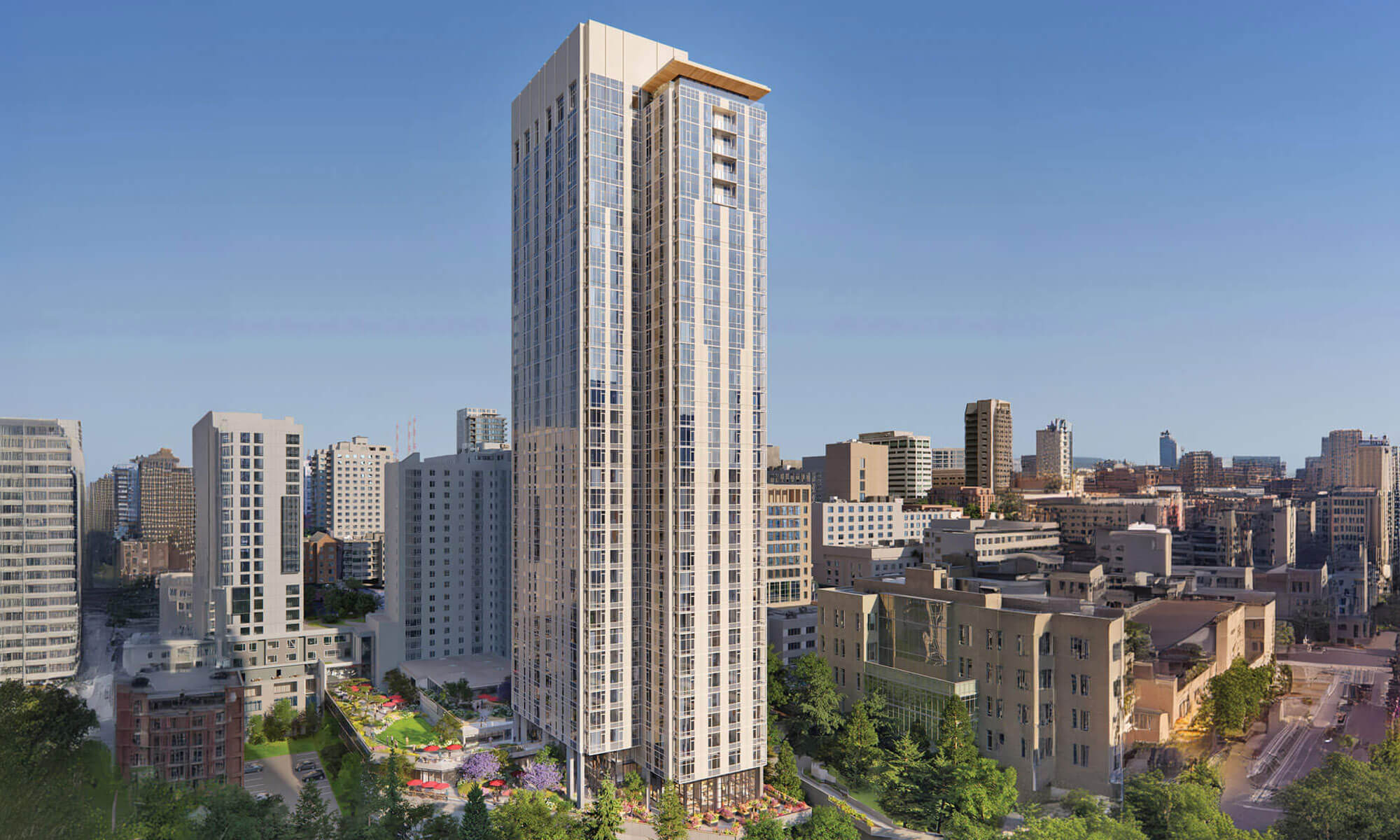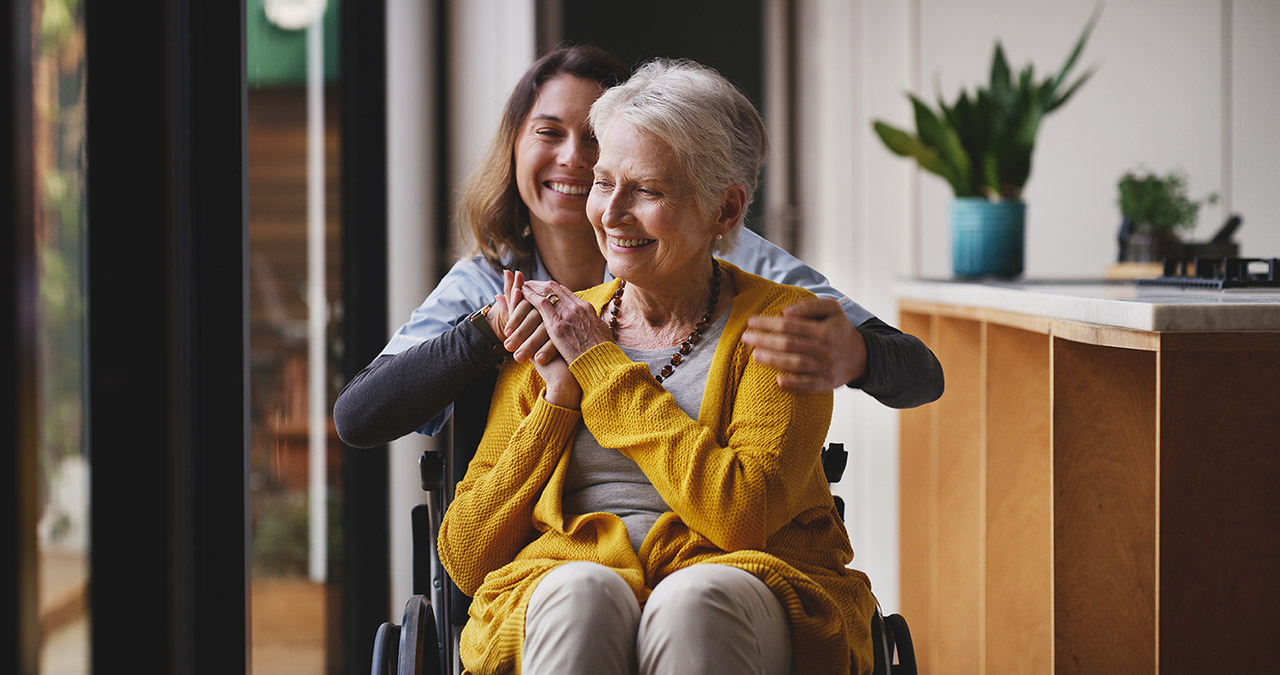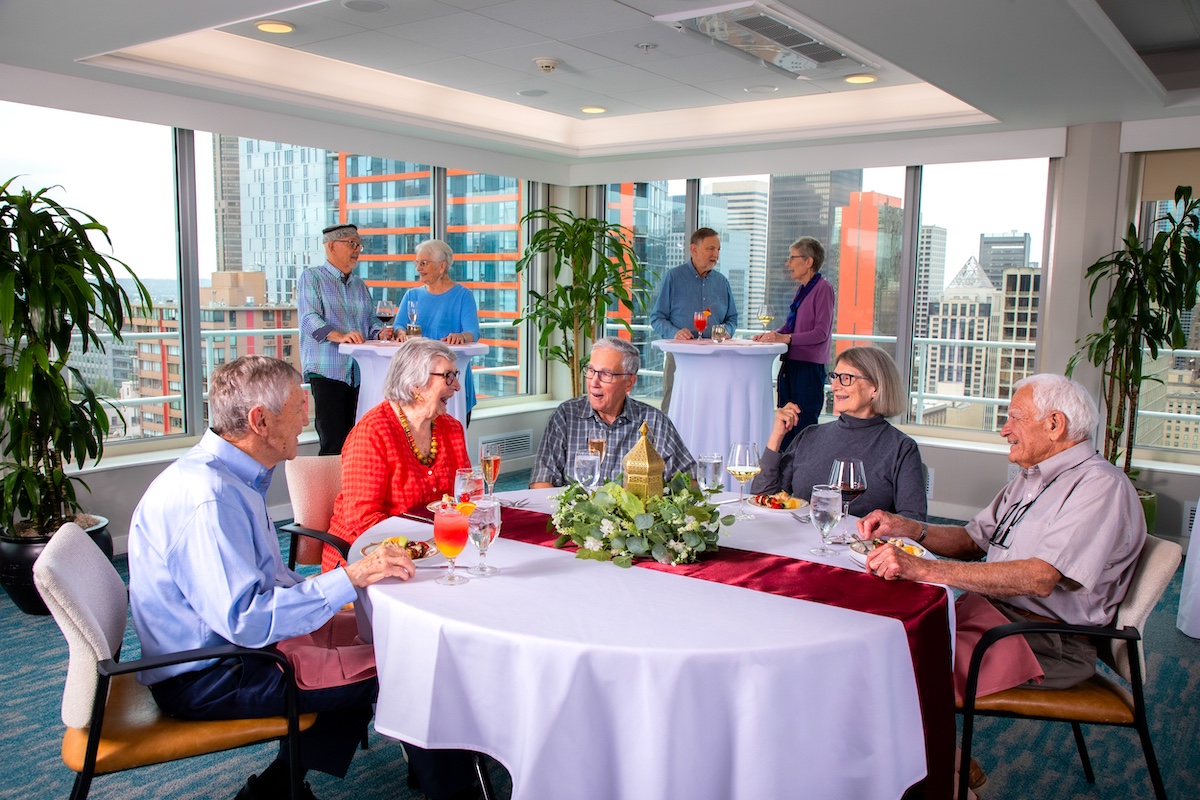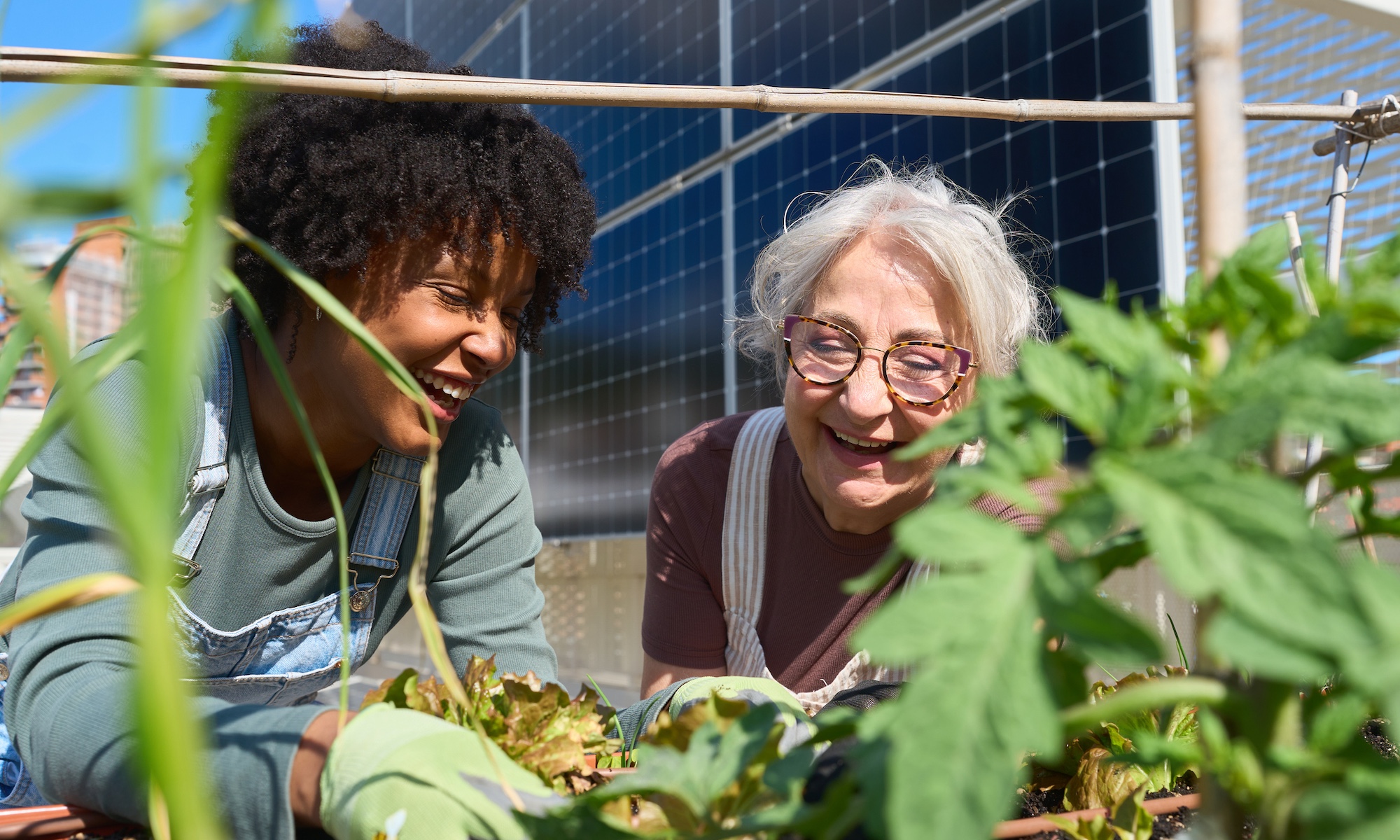The Horizon House Blog
There’s always a lot going on in our community. Through stories and news on our blog, you’ll get a glimpse of life at Horizon House.
Featured News
-
Building the Future: Our West Tower Expansion Strengthens Horizon House for the Next 65 Years
Horizon House’s transformative West Tower will add 202 independent living residences and new amenities, securing the nonprofit community’s future while preserving its resident-led culture.









